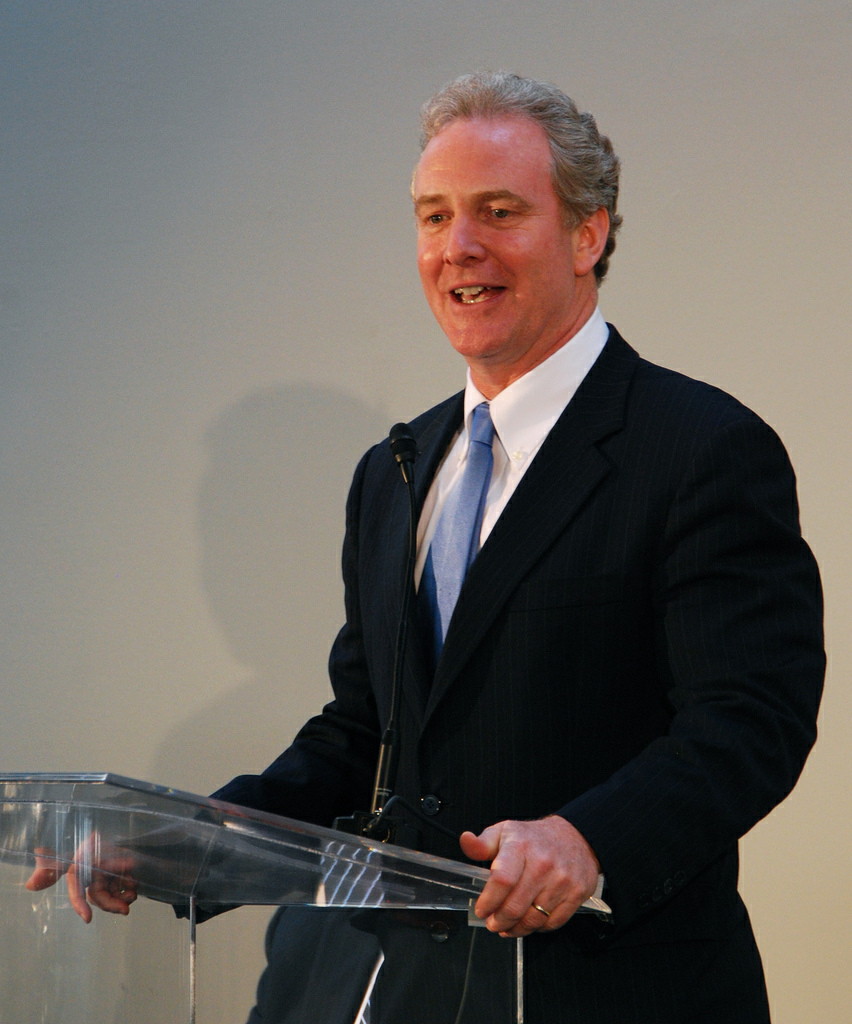By Barbara Pash
For MarylandReporter.com
Maryland health insurers told legislators Tuesday that federal health care reform would lead to higher insurance premiums, higher administrative costs and put some insurance brokers and agents out of business.
Acting Maryland Insurance Commissioner Beth Sammis told the Joint Committee on Health Care Delivery and Financing that because Maryland already has many of the federal requirements in place before the 2014 timeline for full implementation of the act, “in many areas there will be no change in premiums.”
But Bill Casey, vice president for government affairs of CareFirst BlueCross BlueShield, said that new provisions implemented last month bumped up premiums by 1.3%, on top of other rising health care costs. Additional costs were offset by favorable trendlines, he said..
Casey also testified that CareFirst estimated that federal health reform taxes will cost the nonprofit insurer at least $750 million in the first five years after all the changes are implemented.
“That will affect premiums,” he said of CareFirst, the largest health care insurer in the mid-Atlantic region with nearly 3.4 million members in Maryland, D.C. and northern Virginia.
Casey said that CareFirst also believes that other parts of the federal changes “will have a significant impact on our company.”
“Administrative cost is of concern,” he said. “Affordability is a big question. It’s one thing to reform [but] people have to be able to afford and buy” health insurance.
“We operate on a half-a-point margin,” Casey noted. “It would be a serious problem if we have to spend $100 million on implementation.”
Brokers, agents fear lost business
In other testimony, insurance brokers and agents argued that the federally mandated insurance exchange allowing individuals to shop around should not put them out of business.
Steve Salamon of Landmark Insurance and Financial Group said, “The structure of the exchange must continue to allow us to do the business we’ve been doing.” When the structure of the Maryland exchange is formulated, there should be prohibitions against soliciting business in competition with companies that already exist, Salamon said.
The state’s insurance exchanges are a linchpin of the federal act and have been compared to a “retail insurance shopping mall.”
“Most small businesses in the state rely on us” for health insurance plans for their employees, said Salamon. He argued that the Maryland exchange “should focus on bringing insurance to the 731,000 Marylanders who are not insured.”
Bill Simmons, president of Group Benefits Services, contended that “we are what Massachusetts calls an exchange, and we’ve been doing it for 30 years.”
Group Benefit Services represents 8,600 small employee groups, including MarylandReporter.com, serving 230,000 people, according to Simmons. “The technology for the exchange is available.”
Jon Anders, CEO of Innovative Wellness Solutions, said that federal reform will have “a lot of unintended consequences to small business owners.” “Access is a tremendous issue,” Anders said, as is the “myriad of taxing mechanisms.”
“Our concern is that our existing infrastructure will change with regulatory activity.”
Rex Cowdry, executive director of the Maryland Health Care Commission, which is interpreting the federal reform into specifics for Maryland, acknowledged that “there is great anxiety [about reform] in the insurance industry.”
The exchange seems to be especially vexing, Cowdry said. Now, the employer chooses the plan; in the exchange, the employee has a range of options.
“The key is affordability for employees to move from one to the other,” Cowdry said.
CareFirst’s Casey reminded legislators that many of the federal health reform’s provisions were introduced in the General Assembly in 2009, when CareFirst backed Maryland legislative leaders’ unsuccessful bills to provide universal insurance coverage. Senate Bill 515/House Bill 860
CORRECTED: Deb Rivkin, testifying for League of Life and Health Insurers, complained advised that the industry was getting conflicting multiple replies from different federal departments in its quest for guidelines.
“We are reacting to the first replies from the federal [government] before Maryland weighs in” with its plan, Rivkin said.
The co-chairs of the joint committee, Sen. Rob Garagiola, a Montgomery County Democrat, and Del. Dan Morhaim, a Baltimore County Democrat, said that while much of the public reaction to health care reform has been to the federal reform act, the action is at the state level, where it will be implemented.





Recent Comments